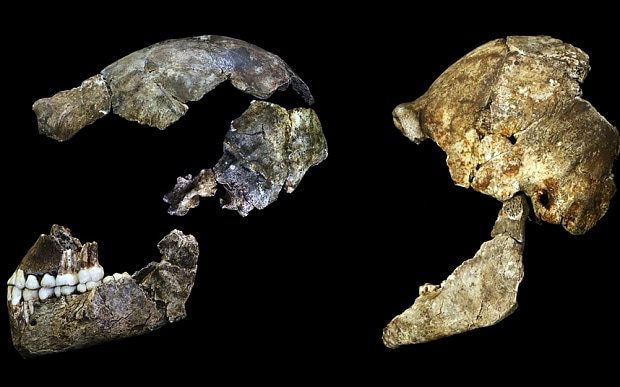Before Homo sapiens emerged as the dominant species, our evolutionary cousin, Homo naledi, exhibited remarkable cultural behaviors, including the burial of their dead and the creation of cave art over 100,000 years ago. This discovery profoundly impacts our understanding of the cognitive and social capabilities of early human relatives.
Discovery of Homo Naledi
In 2013, a groundbreaking discovery was made in the Rising Star cave system in South Africa when scientists unearthed a treasure trove of Homo naledi fossils. The remains revealed that these hominins engaged in intentional burial practices. The bodies were found arranged in a specific manner, crowded together, and covered with earth, suggesting a ritualistic aspect to their treatment of the dead.

Significance of Burial Practices
This behavior predates any known funerary practices attributed to modern humans by at least 100,000 years, challenging previous assumptions about the exclusivity of such practices to Homo sapiens and Neanderthals. The organized manner in which the bodies were placed hints at a cultural significance attached to death and mourning, indicating that Homo naledi may have possessed an early form of social structure and emotional depth.

Artistic Expression and Symbolism
In addition to burial practices, researchers also uncovered engravings on the cave walls estimated to be between 241,000 and 335,000 years old. These engravings may have served as a form of communication or expression of cultural identity, hinting at a sophisticated understanding of symbolism and the use of visual language.

Cognitive Abilities and Symbolism
The implication is that Homo naledi possessed cognitive abilities that allowed them to interpret symbols and ascribe meaning to objects, particularly concerning mortality. This ability to create and understand symbolic representations suggests a level of abstract thinking previously attributed only to modern humans and Neanderthals.

Implications for Understanding Human Evolution
These findings significantly reshape our understanding of the origins of complex behaviors such as symbolic thought, art, and social rituals. Traditionally, it was believed that such activities were exclusive to species with higher brain capacities, primarily Homo sapiens and Neanderthals. However, the evidence from Homo naledi suggests that these sophisticated behaviors may not be directly linked to brain size but rather could be an intrinsic aspect of early hominin societies.

Reevaluating Cognitive Evolution
This discovery raises important questions about the nature of cognitive evolution and whether the capabilities for advanced social behaviors, such as mourning and artistic expression, existed earlier than previously thought. It challenges the notion that greater brain capacity alone drives complex cultural practices, opening up new avenues for research into the cognitive abilities of early hominins and their potential for social complexity.
Conclusion
The insights gained from the study of Homo naledi not only enhance our understanding of this ancient species but also contribute to the broader narrative of human evolution. They indicate that the roots of symbolic thought and social rituals may extend deeper into our prehistoric past than we once believed. As research continues, the story of Homo naledi serves as a reminder of the complexity and richness of early human life, pushing the boundaries of our understanding of what it means to be human.
